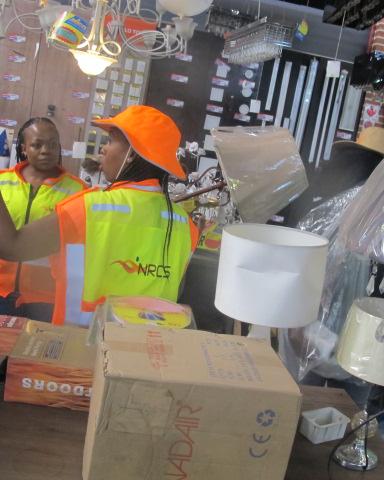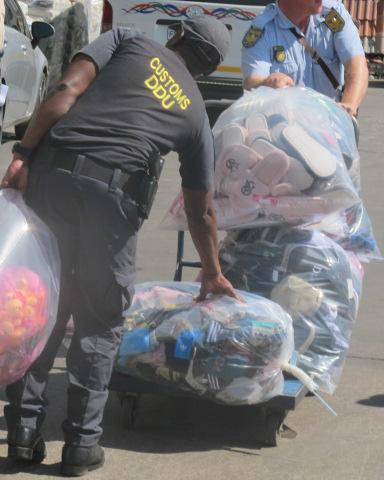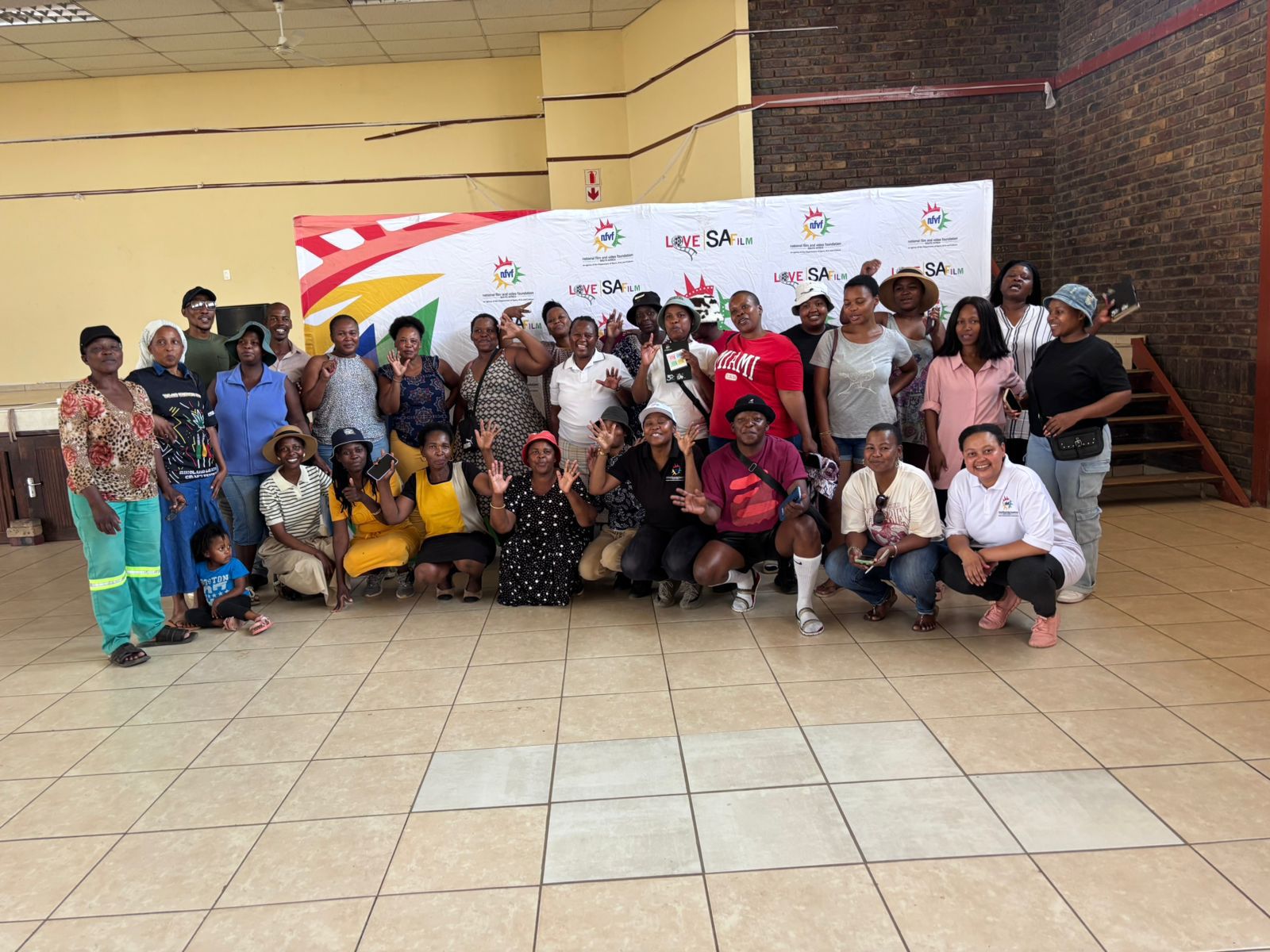By Montsho Matlala
Polokwane – Goods worth millions of rands were confiscated in recent raids led by the National Regulator for Compulsory Specifications (NRCS) at shops in Polokwane and Lebowakgomo, Limpopo.
During the unannounced visits, police, SARS and customs officials joined NRCS inspectors to check goods for compliance with compulsory specifications, aiming to protect consumers from potential hazards.
According to NRCS operations manager Thabo Mabena, who led the raids, goods seized over the two-day blitz are estimated at R3 million.
“Products such as electric fans, hair dryers, lamps, plastic bags, mats, and tissue paper were found not to meet compulsory specifications. Items in the food and associated industries, such as canned meat and fishery products, were also inspected. Many were not coded, and some had already expired,” said Mabena.
He added that toilet paper, for example, must contain a minimum of 500 sheets, but the confiscated ones fell far short of this requirement.
During the operation, one Polokwane businessman attempted to destroy plastic water-heating buckets that carried no written instructions or safety specifications.
Inspectors warned him sternly before continuing with the confiscation of goods and issuing the necessary documentation.
Not everyone welcomed the raids.
A young shop worker in Polokwane expressed concern about losing her job:
“I am disgusted by the conduct of one female inspector. She is arrogant and looks down on us because she thinks she is powerful and educated. You must know that when you take away these goods, you are destroying our jobs.”
A male inspector responded:
“My sister, you have a right to be upset, but this exercise is to protect you and the people of South Africa from being exploited. If you buy a fake or substandard product that malfunctions within days, without a guarantee or traceability, it could explode and cause serious injuries, fatalities, or fires. Non-compliant food products could also become poisonous.”
The worker nodded silently in response.
Shop owners whose goods were confiscated have 120 days to rectify the offences or face forfeiture.
“If the problem cannot be corrected, a technical committee will decide whether the goods should be destroyed or sent back to their countries of origin. Repeat offenders could also be named and shamed,” Mabena explained.
The NRCS, an agency of the Department of Trade, Industry and Competition, conducts similar raids nationwide based on intelligence reports about non-compliant products.

introductions start searching for targeted products.
Picture credit: Montsho Matlala







